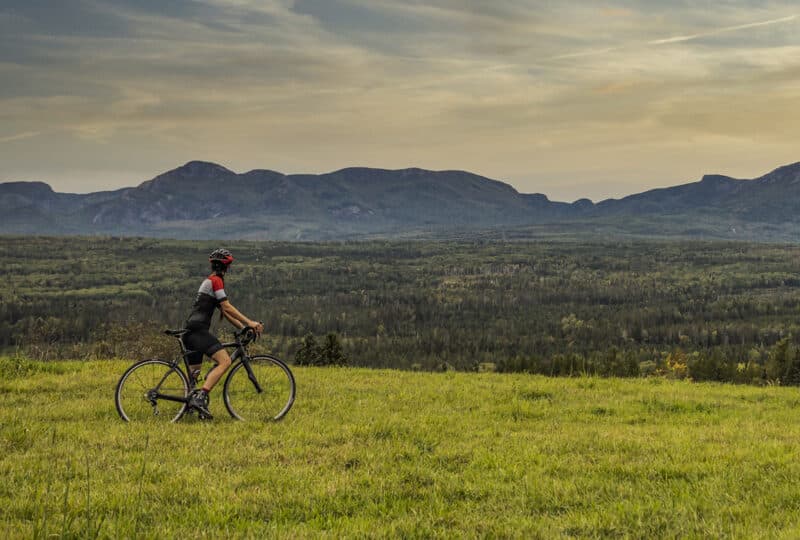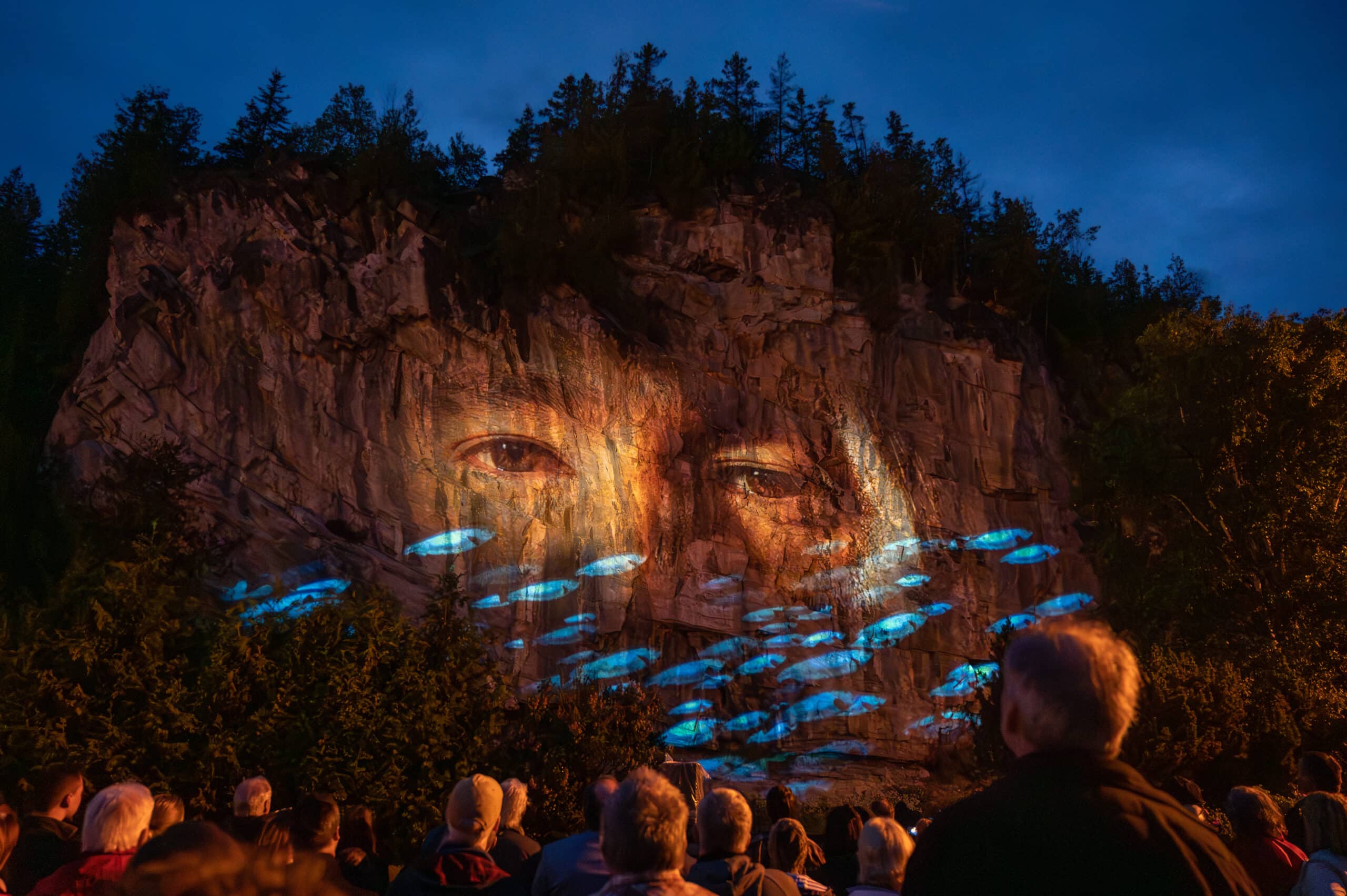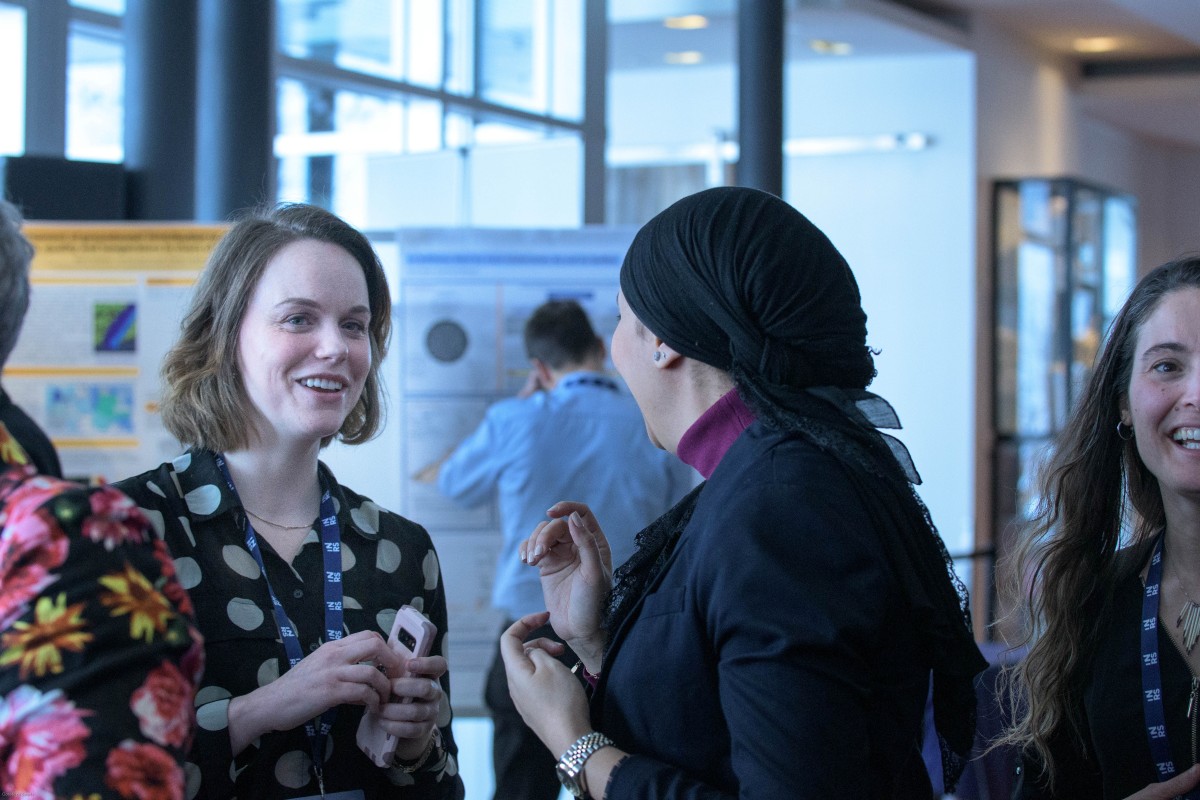
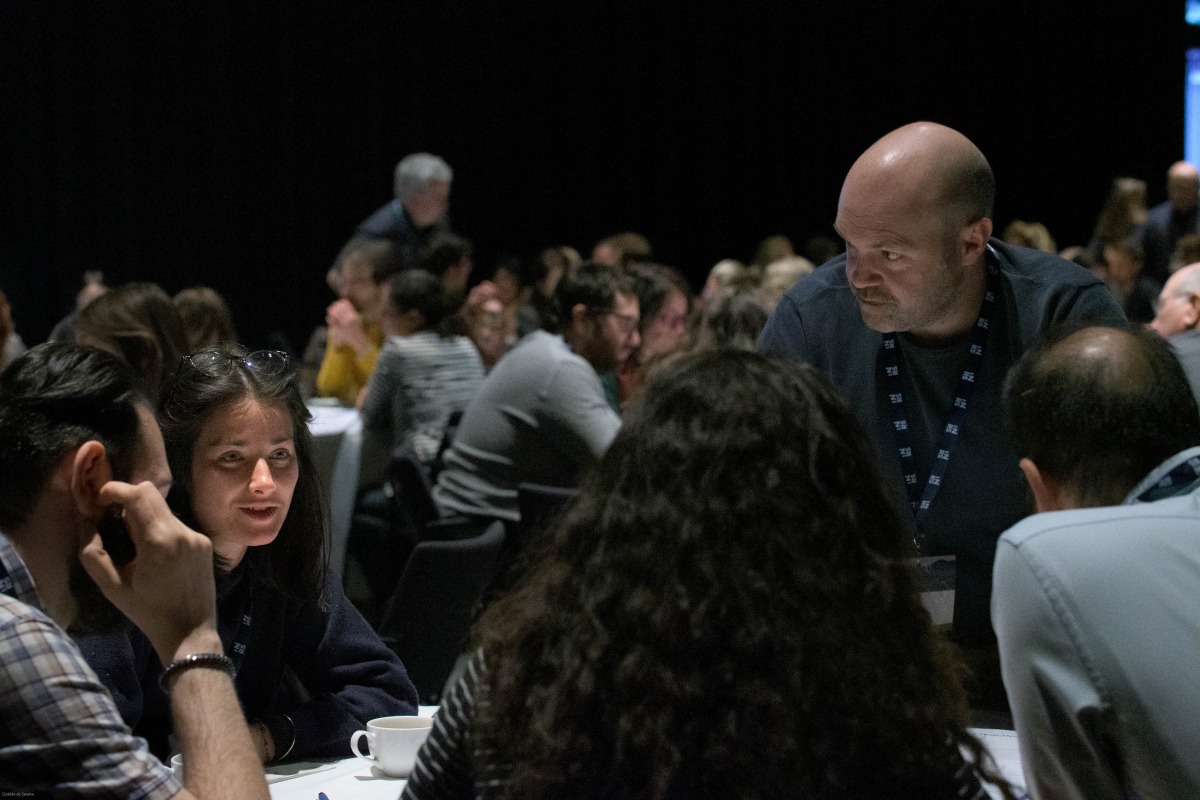
Vision
To co-create—with and for rural communities, around priorities strategically identified by the communities themselves—an intersectoral centre for research and training of international calibre. The Centre will become a hub of interuniversity and interinstitutional synergy, and a space for close collaboration with knowledge users.
contact our teamCore values
Co-construction
Connection to place
Environmental protection
Collective well-being
Guided by INRS’s core values of commitment, collaboration, and responsibility, the Ruralités durables Research Centre is devoted to interdisciplinary, partnership-based research that addresses the social, environmental, and territorial challenges rural areas face—through an inclusive, equitable, and sustainable lens.
- Co-construction: Working in partnership with local communities and stakeholders.
- Connection to place: Valuing the unique knowledge and identities of rural communities.
- Environmental protection: Preserving nature and natural resources to ensure ecological balance between people, wildlife, and ecosystems.
- Collective well-being: Making the long-term quality of life of communities and future generations central to its mission.
Timeline
The creation of the Ruralités durables Research Centre is a major, impactful project for INRS and for Québec’s entire research community.
This ambitious initiative spans a number of years and is rooted in a rigorous, inclusive, and progressive framework.
Discover the major milestones
Fall 2022–Fall 2023
- Stakeholder consultations (surveys, workshops, meetings, etc.) to shape the Centre’s research focus and training priorities.
- Submission of an opportunity study built with input from over 400 participants, presented to Ministère de l’Enseignement supérieur.
View the study (version abrégée)
View the study (version intégrale)
June 2024
- $2 million in recurring funding granted by the Québec government for the creation of the Centre.
November 2024
- Amélie Forget appointed as founding director.
Winter 2025
- Launch of the scientific program framework
Spring–Summer 2025
- Regional tour with scientific partners and rural communities.
Fall 2025
- Unveiling of the initial scientific program and launch of faculty recruitment.
Winter 2027
- Arrival of the first faculty members and their students.
By 2030
- Launch of the next phase of research infrastructure development
Scientific program
As a continuation of the extensive consultation process launched in 2022—which led to the project’s submission to the Québec government and funding in 2024—a formal scientific framework is being rolled out in 2025. Its aim is to document and prioritize the research issues identified by and for rural communities across Québec.
Scientific tour
In a spirit of collaboration, scientific rigour, and sensitivity to local realities, the Ruralités durables Research Centre has launched a scientific tour across Québec’s regions.
This initiative is designed to align the Centre’s scientific program with the research capacity-building needs of scientists and local stakeholders. These interactions help identify key leverage points for the broader research community, enrich existing research areas, and explore new avenues to address the specific challenges of rural areas.
About the initiative
This initiative is designed to align the Centre’s scientific program with the research capacity-building needs of scientists and local stakeholders. These interactions help identify key leverage points for the broader research community, enrich existing research areas, and explore new avenues to address the specific challenges of rural areas.
Advisory Committee
The scientific program is the cornerstone of the Ruralités durables Research Centre. It is shaped through a rigorous, collaborative, and interdisciplinary framework overseen by an intersectoral and intercentre Advisory Committee made up of INRS faculty
The Advisory Committee ensures the Centre’s research program is grounded in the real needs of communities while maintaining academic excellence, meaningful interdisciplinarity, and a sustained science–society dialogue.
Members of the advisory committee
Members of the advisory committee
Hélène Belleau, Urbanisation Culture Société Research Centre
Philippe Constant, Armand-Frappier Santé Biotechnologies Research Centre
Tayeb A. Denidni, Énergie Matériaux Télécommunications Research Centre
Julia Frotey, Urbanisation Culture Société Research Centre
Stéphane Guimont Marceau, Urbanisation Culture Société Research Centre
Pierre J. Hamel, Urbanisation Culture Société Research Centre
Virginie Hébert, Urbanisation Culture Société Research Centre
Jasmin Raymond, Eau Terre Environnement Research Centre
André St-Hilaire, Eau Terre Environnement Research Centre
Cathy Vaillancourt, Armand-Frappier Santé Biotechnologies Research Centre
Intersectorality
Tangible, lasting impacts
Intersectorality
At INRS, intersectorality has been part of our mission since the institution was founded in 1969. For over 50 years, we’ve combined the social sciences, health sciences, natural sciences, and engineering to advance knowledge through research conducted with and for communities.
With this intersectoral DNA, the Ruralités durables Research Centre fosters interdisciplinary collaboration and cooperation with communities.
When academic and citizen science come together, the relevance and quality of research are elevated—for the benefit of all.
Tangible, lasting impacts
- Strengthened dialogue between science and citizens
- Empowerment of knowledge users by recognizing diverse forms of knowledge
- Contribution to the vitality and dynamism of rural areas
- Catalyst for a culture of knowledge and innovation
- Development of a new research excellence hub within a university setting
- Active role in talent training and the development of key skills for Québec’s future
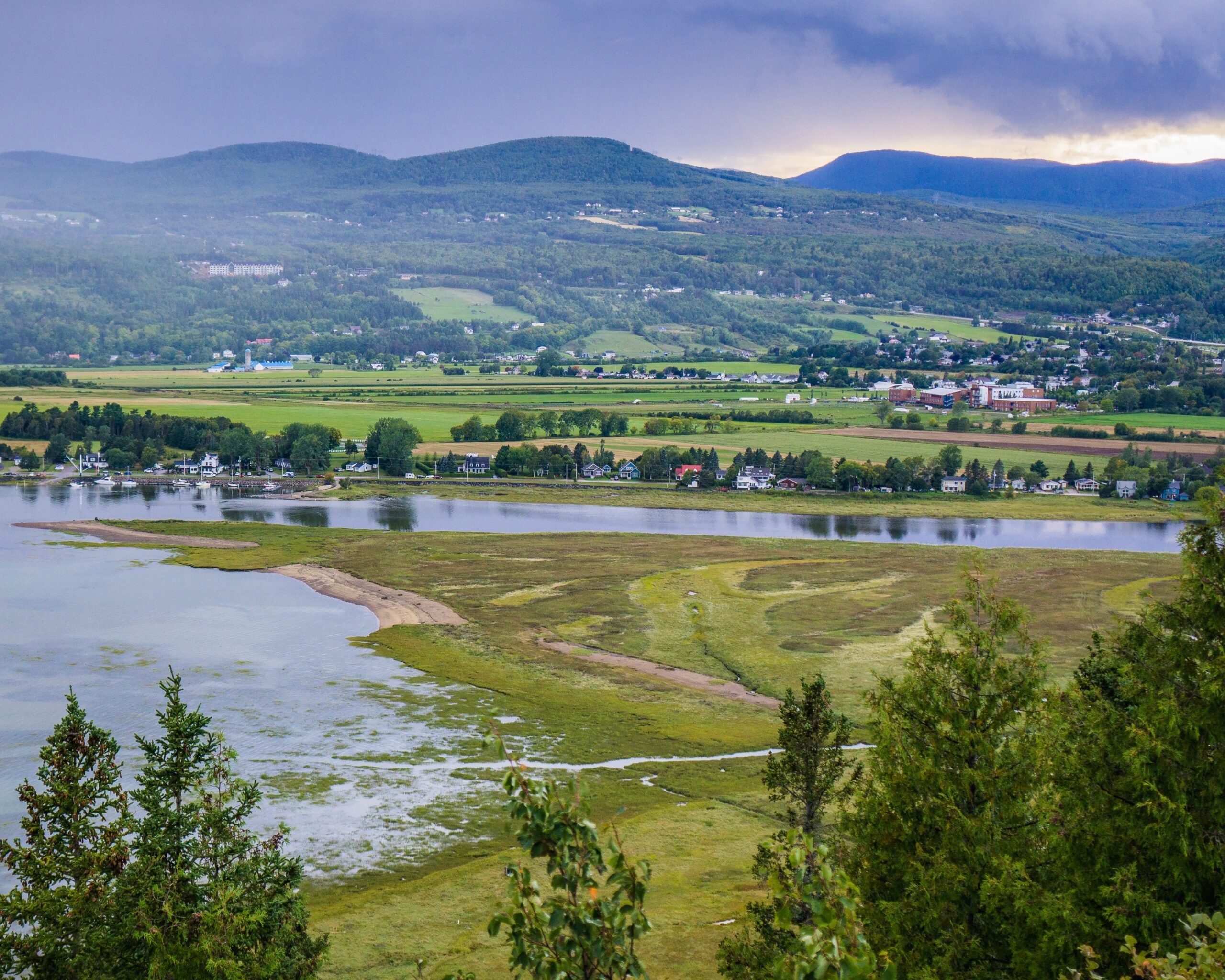
In a nutshell, the Ruralités durables Research Centre holds a unique and strategic position within Québec’s higher education landscape and is poised to train leading experts on key issues affecting rural life.
Contact
Gabrielle LeBlanc
Implementation Operations Advisor
gabrielle.leblanc@inrs.ca
David Tremblay
Research Associate
david.tremblay@inrs.ca
Anny Champoux
Executive Assistant
anny.champoux@inrs.ca
Amélie Forget
Implementation Director
amelie.forget@inrs.ca
418 654-4677

